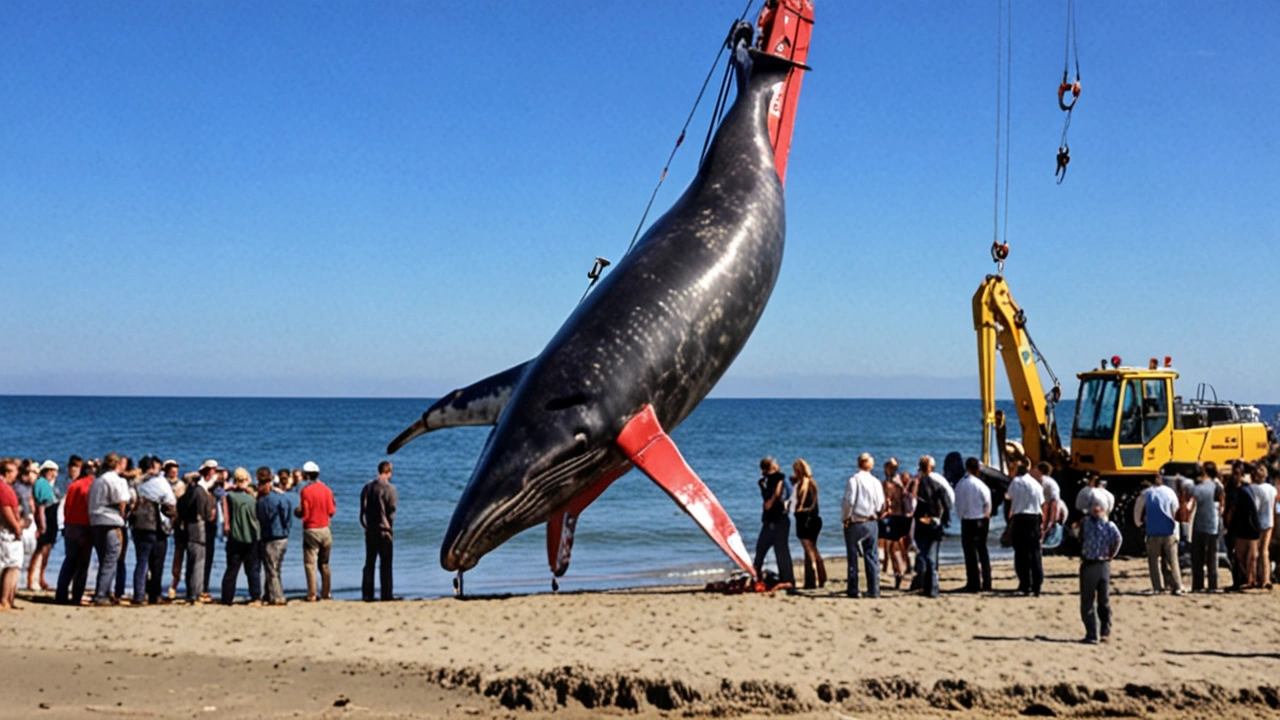Marine Biology: Dive Into the Latest Ocean Stories
Ever wonder what’s happening beneath the waves? Marine biology covers everything from tiny plankton to massive whales, and it’s a field that keeps changing fast. Here on Africa Success Daily, we gather the most useful updates so you can stay in the know without sifting through endless scientific journals.
Why Marine Biology Matters Today
Our coastal economies rely on healthy seas. When fish stocks drop, fishermen lose income, and markets feel the pinch. Pollution and climate change are driving new research, and scientists are racing to find solutions that protect both marine life and the people who depend on it.
In Africa, the Indian Ocean and Atlantic coastlines host unique ecosystems that aren’t found anywhere else. Coral reefs off Kenya, mangroves in Nigeria, and the sardine runs along South Africa all need fresh data to stay resilient. That’s why stories about ecosystem monitoring, local conservation projects, and tech‑driven research matter to readers across the continent.
Another big reason to follow marine biology is the role oceans play in climate regulation. Huge carbon‑absorbing algae and seagrass beds help keep global temperatures in check. When those ecosystems shrink, it speeds up warming, which then affects weather patterns, agriculture, and health. Understanding the science behind those processes helps us make smarter policy choices.
Top Marine Stories You Can’t Miss
One headline that’s buzzing right now is the launch of a new satellite‑based monitoring system by a South African research team. The system can track ocean temperature changes in real time, giving fishermen early warnings about harmful algal blooms.
Another exciting development is a community‑led sea‑turtle protection program in Mozambique. Locals are using low‑cost drone footage to spot illegal fishing nets, then working with authorities to remove them. The result? Higher hatchling survival rates and a boost to eco‑tourism.
In Kenya, scientists have just published a study on the resilience of coral species that can bounce back after bleaching events. Their findings suggest that certain reef zones could be prioritized for restoration, saving both biodiversity and tourism revenue.
For tech enthusiasts, there’s a new open‑source app that lets scuba divers log sightings of marine life. The data feeds into a global database, helping researchers map species distribution faster than ever before.
Finally, a recent policy shift in Ghana aims to reduce single‑use plastic by 50% over the next five years. The move is backed by marine biologists who warn that plastic waste is choking fish habitats and entering the food chain.
All these stories share a common thread: marine biology isn’t just about labs and textbooks. It touches everyday life, from the fish on our plates to the beaches we enjoy. Keeping up with the latest research gives us a chance to support the solutions that work.
So, whether you’re a student, a coastal entrepreneur, or someone who loves the ocean, this tag page is your go‑to spot for fresh, practical marine biology news. Bookmark it, check back often, and join the conversation about protecting the blue heart of our planet.

16
Jul
The spade-toothed whale, a notably rare species, has only had six recorded instances since its first discovery in 1874. This scarcity has resulted in limited knowledge about this unique marine mammal. The latest find in 2010 underscores the urgent need for comprehensive research and enhanced conservation efforts to protect this enigmatic whale from extinction.
Read More
